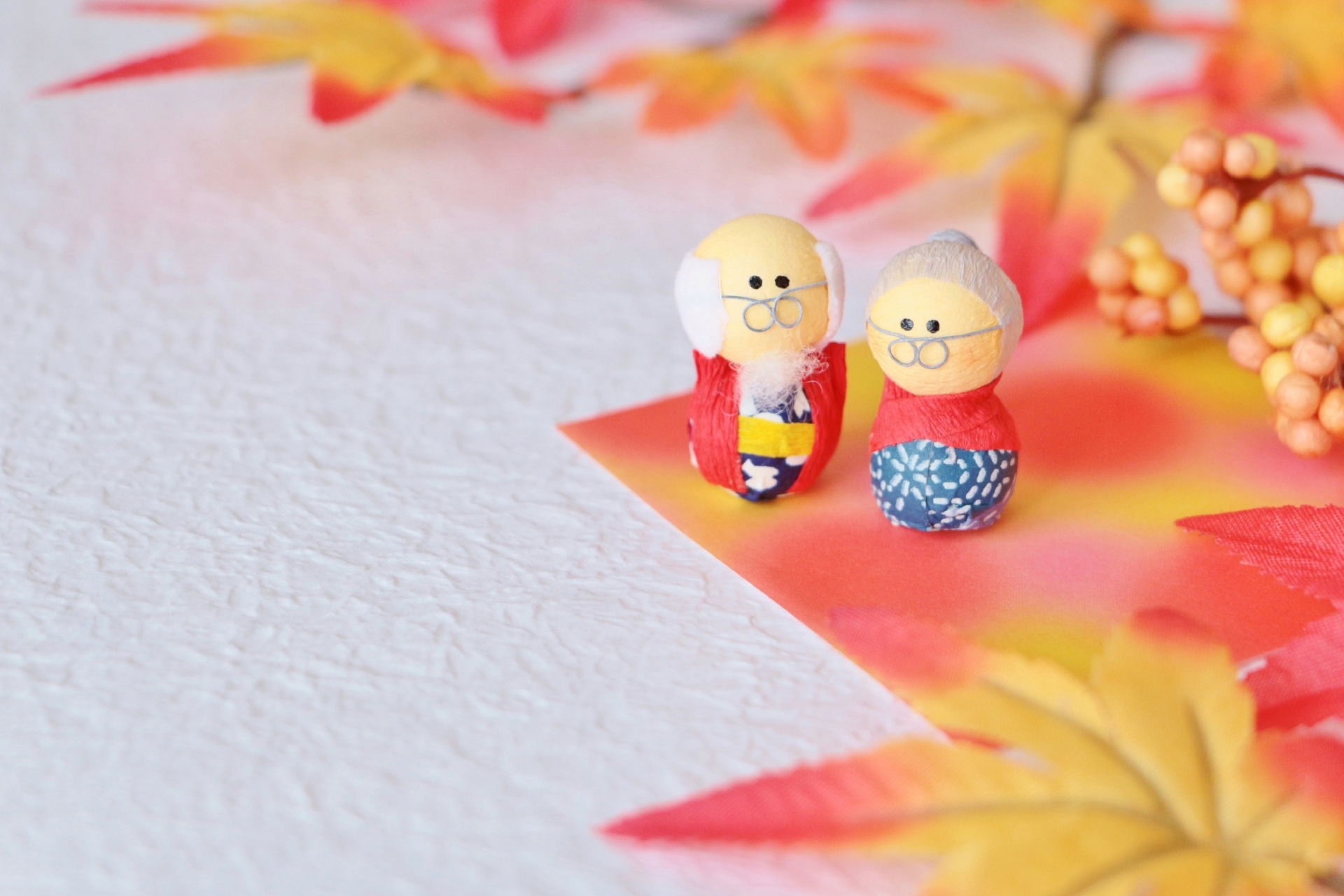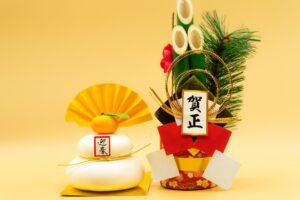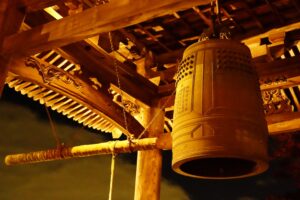Respect for the Aged Day (Keiro no Hi) is a national holiday in Japan dedicated to honoring the elderly and celebrating their contributions to society. While rooted in tradition, modern families across Japan and abroad are finding new ways to celebrate. This article explores how families mark the day—from traditional customs to creative activities suitable for all generations.
What is Respect for the Aged Day?
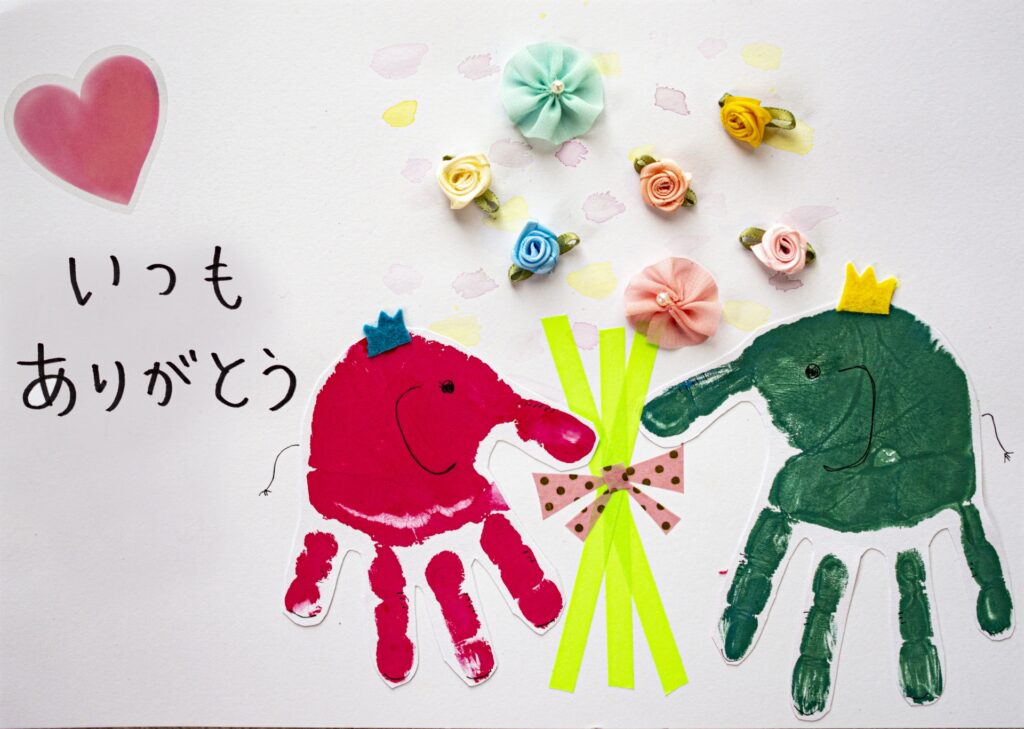
Respect for the Aged Day, known in Japanese as Keirō no Hi (敬老の日), is a national holiday dedicated to honoring older generations and showing gratitude for their wisdom and contributions. It takes place annually on the third Monday of September, making it part of Japan’s “Silver Week” in some years. Established as a national holiday in 1966, its roots can be traced to community gatherings that began in rural Japan after World War II, where villagers honored their elders with food and festivities. The holiday reflects a deep cultural value in Japan—showing appreciation for longevity and respecting the role elders play in preserving family traditions and passing down life lessons. Today, the celebration bridges traditional rituals with modern family customs, both in Japan and abroad.
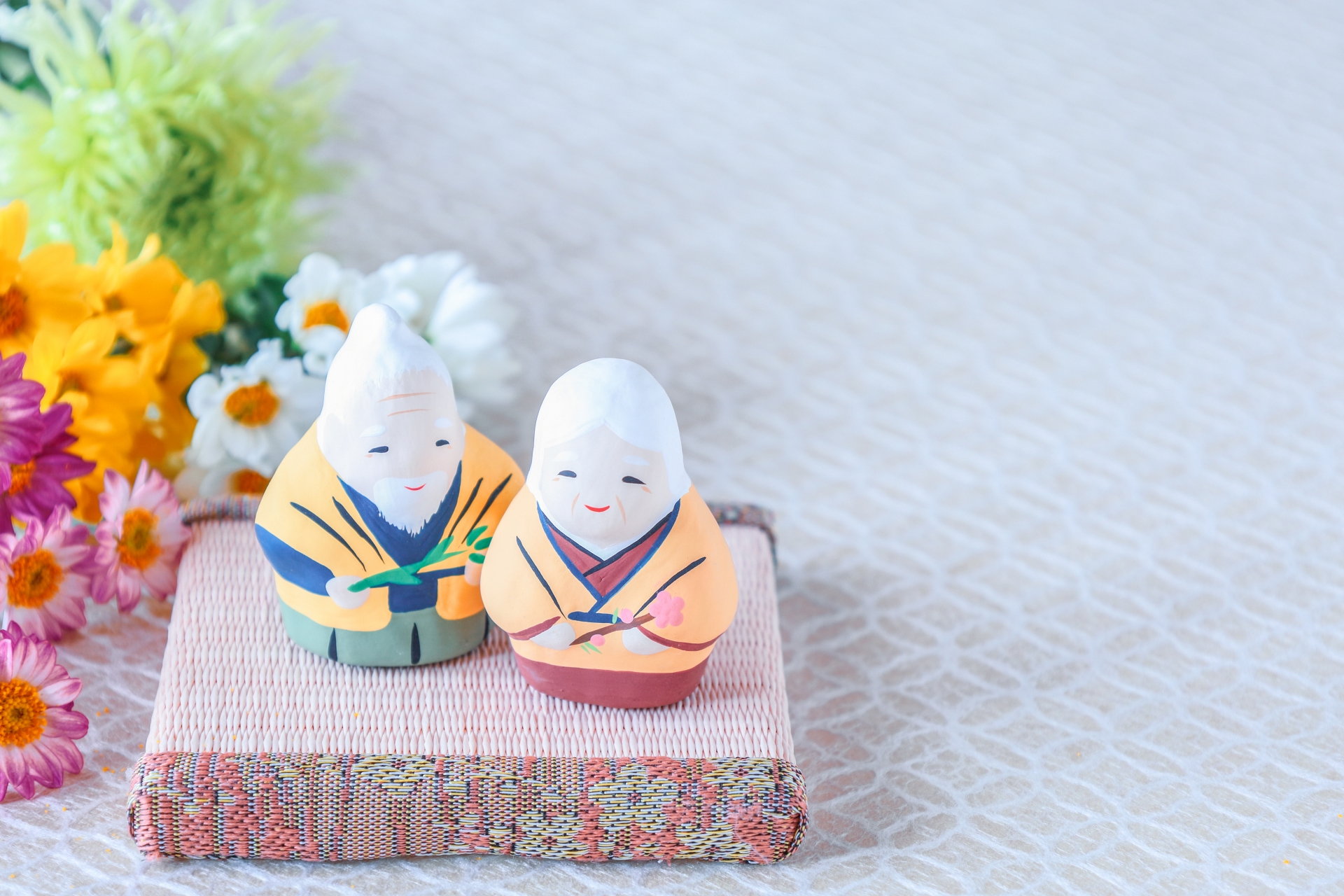
Traditional Ways Japanese Families Celebrate
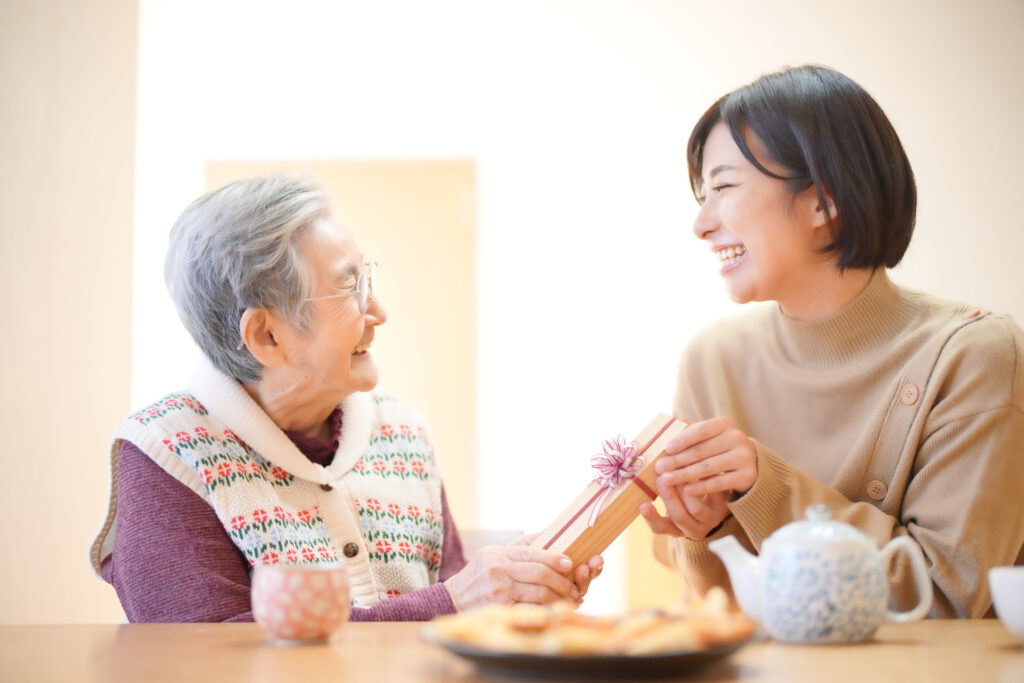
Families in Japan often mark Respect for the Aged Day by gathering together, much like Thanksgiving in the U.S. Traditional practices include visiting grandparents and elderly relatives, bringing thoughtful gifts, and sharing a meal as a family. Gifts may range from wagashi (traditional Japanese sweets) to handmade crafts, or even photo albums filled with family memories. In rural areas, community halls sometimes host performances or ceremonies to celebrate local elders, while urban families often celebrate in more private, home-based ways due to busy lifestyles. Schools and local governments also organize events such as performances by children, communal meals, and volunteer visits to senior homes, ensuring that even elderly individuals without close family nearby feel honored.
Family Gift Ideas for Respect for the Aged Day
Gift-giving is central to Keirō no Hi, symbolizing gratitude and love. Families often choose personal, heartfelt gifts over expensive items. Children may prepare handwritten letters, drawings, or origami crafts, while adults might give framed family photos, comfortable clothing, or sweets. Globally, families adapting the tradition may opt for gifts like personalized mugs, video messages, or memory books.
Here’s a comparison of traditional and modern gift ideas:
| Traditional Gift Ideas | Modern Gift Ideas |
| Wagashi (Japanese sweets) | Framed family photo |
| Handmade crafts | Video messages from grandchildren |
| Photo albums | Personalized mugs or T-shirts |
| Calligraphy artwork | Online gift cards for favorite shops |
| Seasonal fruit | Memory book or scrapbook |
These thoughtful gestures reflect appreciation, no matter where families live.
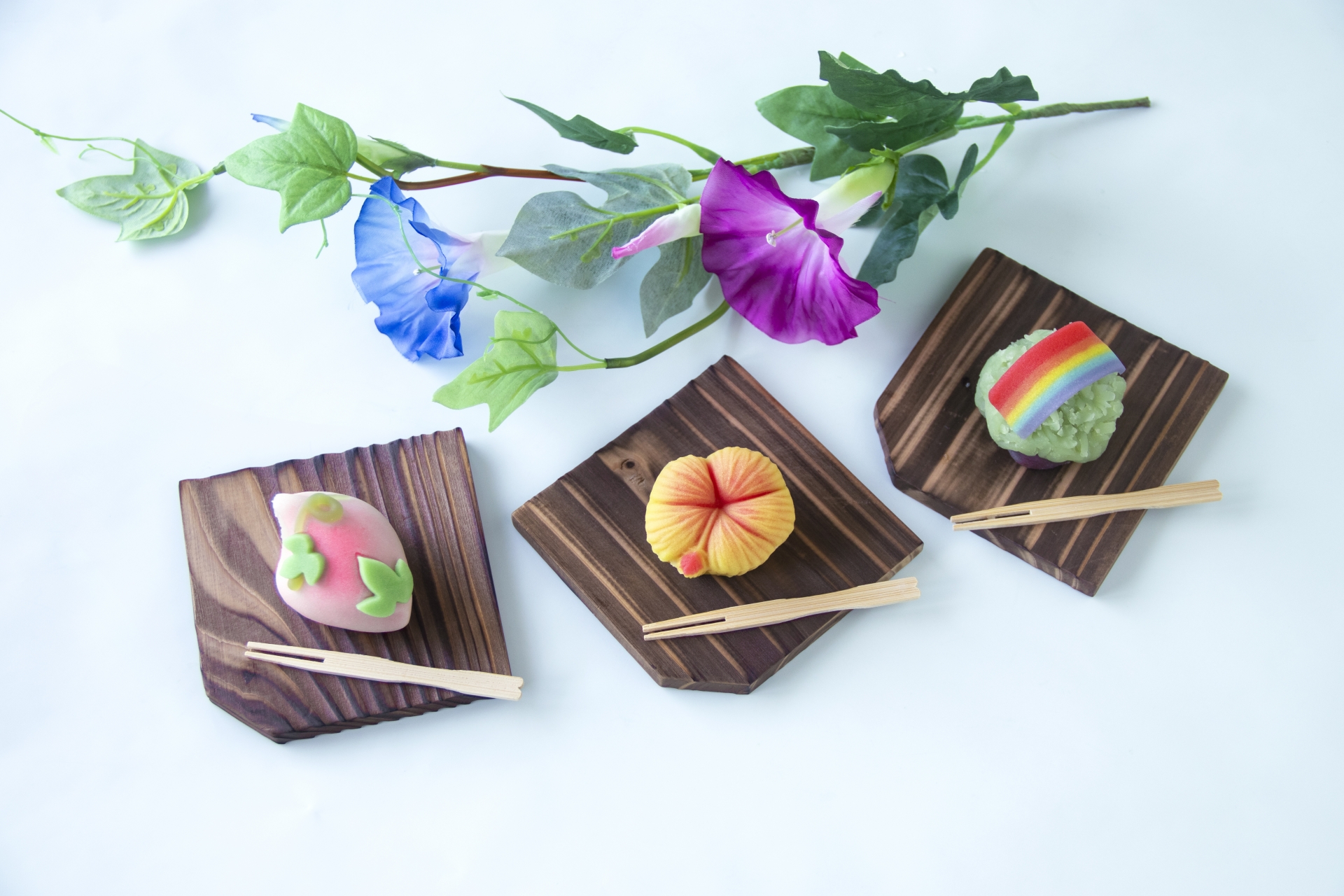
Japanese Meals Shared on This Day
Food plays a meaningful role in Respect for the Aged Day, as sharing a meal represents family unity. Some families prepare chirashi sushi (scattered sushi) decorated with colorful toppings, red bean rice (sekihan) symbolizing happiness, and light celebratory dishes such as tempura or simmered vegetables. Sweets like mochi or dorayaki (red bean pancakes) are also popular.
Families abroad can adapt by cooking simple recipes with children, such as:
- Onigiri (rice balls) with seaweed wraps
- Dorayaki pancakes filled with red bean paste or chocolate
- Miso soup made together as a warm family activity
These meals not only taste delicious but also embody the cultural idea of gathering around the table to celebrate longevity and togetherness.

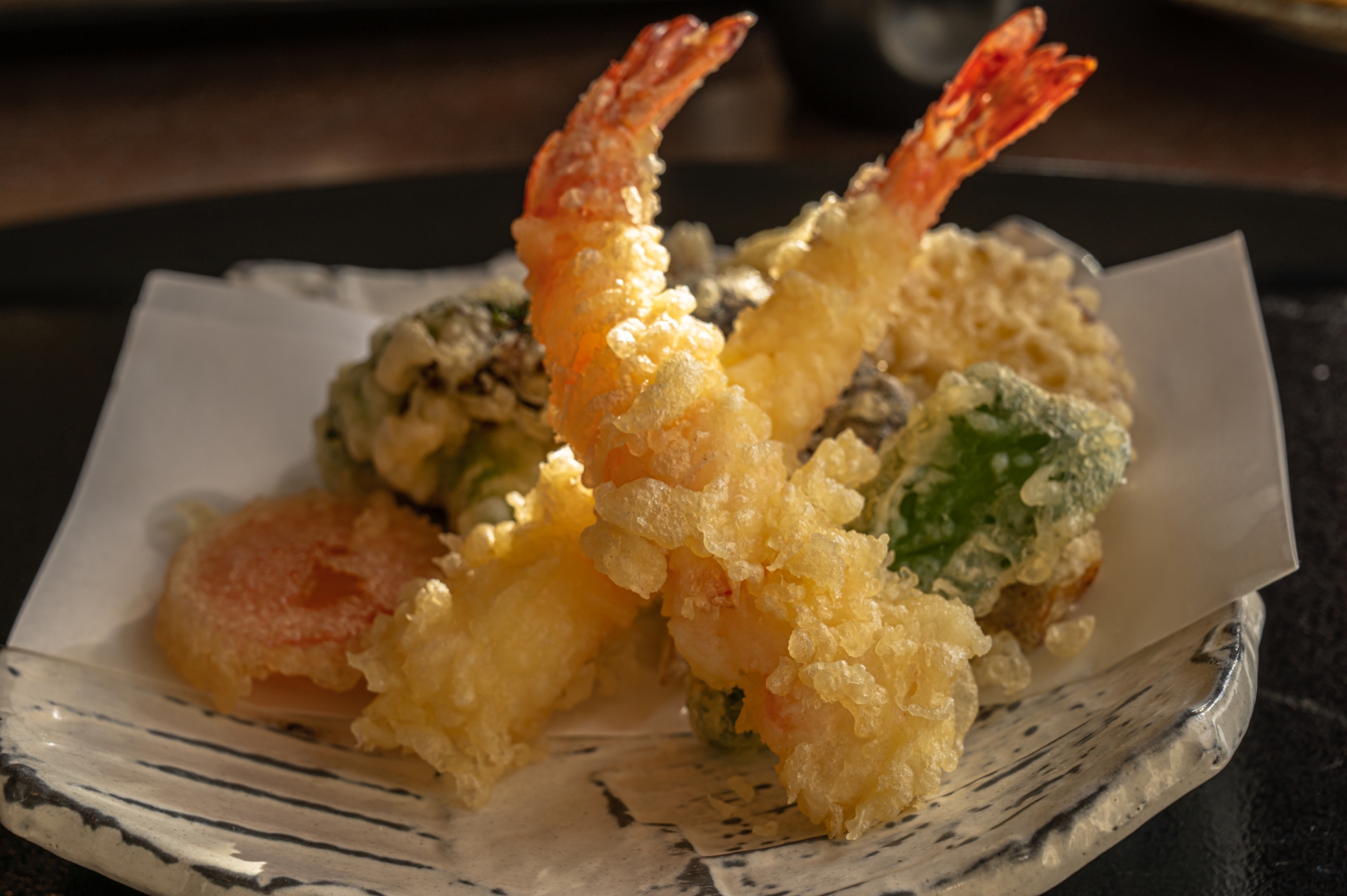
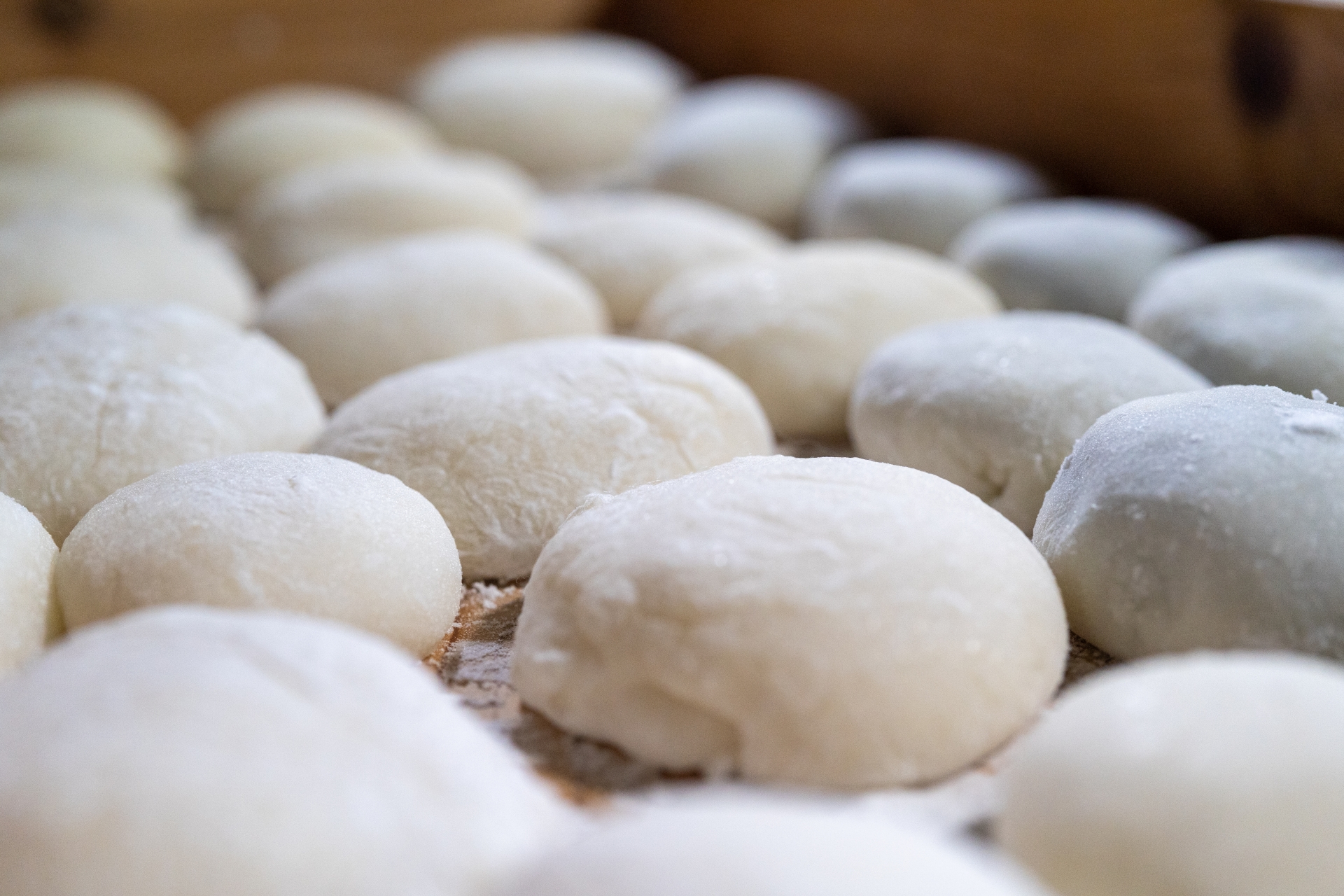
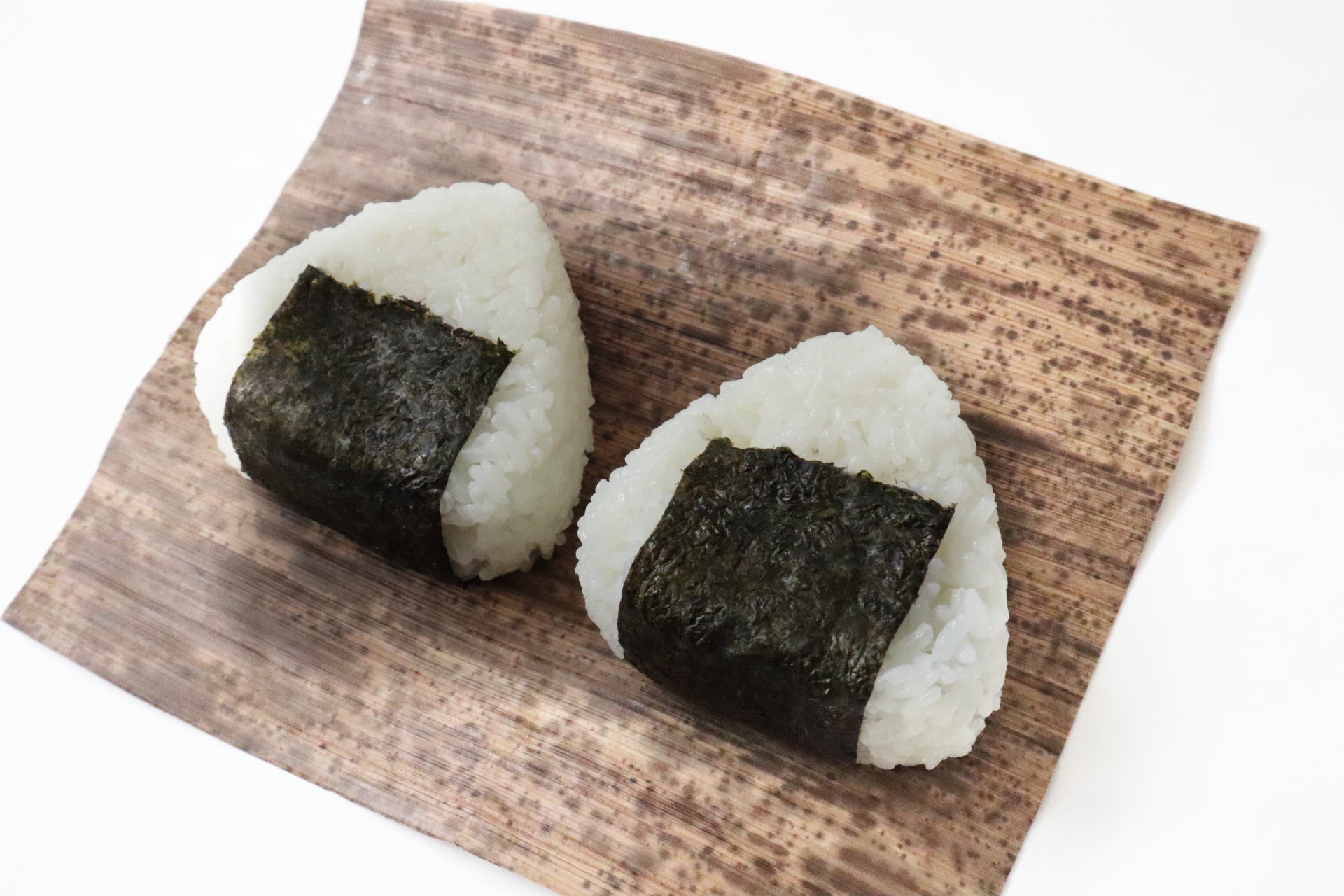
Modern & Global Ways to Celebrate with Family
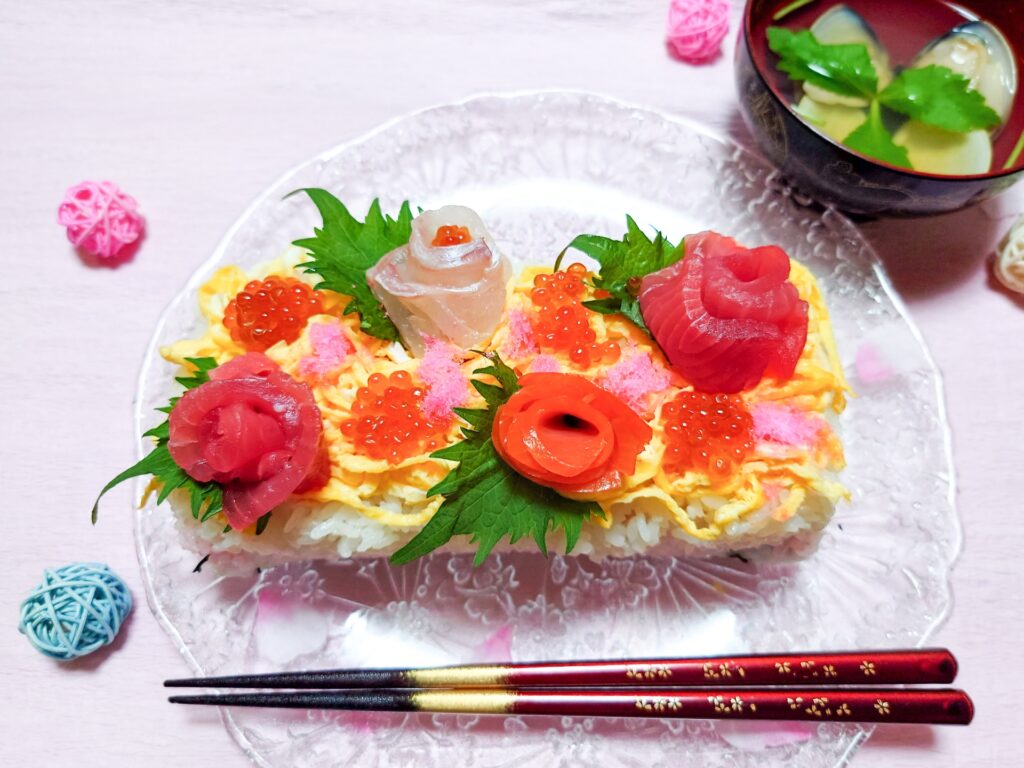
With many families now living across different cities—or even countries—Respect for the Aged Day has taken on new forms. Virtual celebrations are common, where families connect via Zoom, send video letters, or create shared online albums. Children can perform songs, share stories, or present digital art pieces during video calls with grandparents.
For families outside Japan, incorporating cultural elements is a beautiful way to celebrate. Ideas include crafting origami cranes, cooking a Japanese dish together, or making bilingual “Thank You” cards. A global comparison shows similarities with Grandparents Day in the U.S., but Keirō no Hi places greater emphasis on national recognition and community participation. By blending both traditions, families can create unique cross-cultural celebrations that honor elders in a meaningful way.
How Teachers & Schools Celebrate (Classroom Ideas)
Educators often use Respect for the Aged Day as a teaching opportunity. Schools in Japan may have students write thank-you notes, perform songs, or read folktales for grandparents. Teachers abroad can adapt this into classroom activities such as:
- Calligraphy practice: writing the kanji for “respect” (敬) or “longevity” (寿)
- Folktale storytelling: introducing Japanese legends that highlight wisdom from elders
- Creative projects: making origami gifts or bilingual greeting cards
A cross-cultural discussion comparing Keirō no Hi with Grandparents Day in the U.S. can help students appreciate different cultural values. Printable worksheets, such as “Write a thank-you message for your grandparents” or “Draw something that reminds you of family traditions,” can bring the lesson to life in classrooms worldwide.
Writing Messages to Elders: Ideas and Templates
A simple message of appreciation can make elders feel truly valued. Children and adults alike are encouraged to write short notes or cards. Here are some examples:
English Examples
- “Thank you for always sharing your wisdom and love with us.”
- “We are grateful for the joy you bring to our family every day.”
Japanese Examples
- 「いつも優しさをありがとう。」(Itsumo yasashisa o arigatō – Thank you for always being kind.)
- 「長生きしてね!」(Nagaiki shite ne! – Please live a long life!)
Printable card templates featuring both English and Japanese phrases can help families create meaningful keepsakes. Children may also decorate the cards with origami shapes, stickers, or drawings to make them extra special.
Final Thoughts: Honoring Elders Across Cultures
Respect for the Aged Day is more than a holiday—it’s a reminder of the universal importance of valuing and caring for older generations. While traditions may differ from country to country, the underlying theme of gratitude for elders remains the same. Whether through family meals, gifts, messages, or community events, this holiday shows how simple acts of love can strengthen family bonds.
As a Japanese proverb says:
「年寄りの知恵は宝」 (Toshiyori no chie wa takara) – The wisdom of the elderly is a treasure.
By embracing the spirit of Keirō no Hi, families everywhere can celebrate longevity, honor their elders, and pass these values on to future generations.

